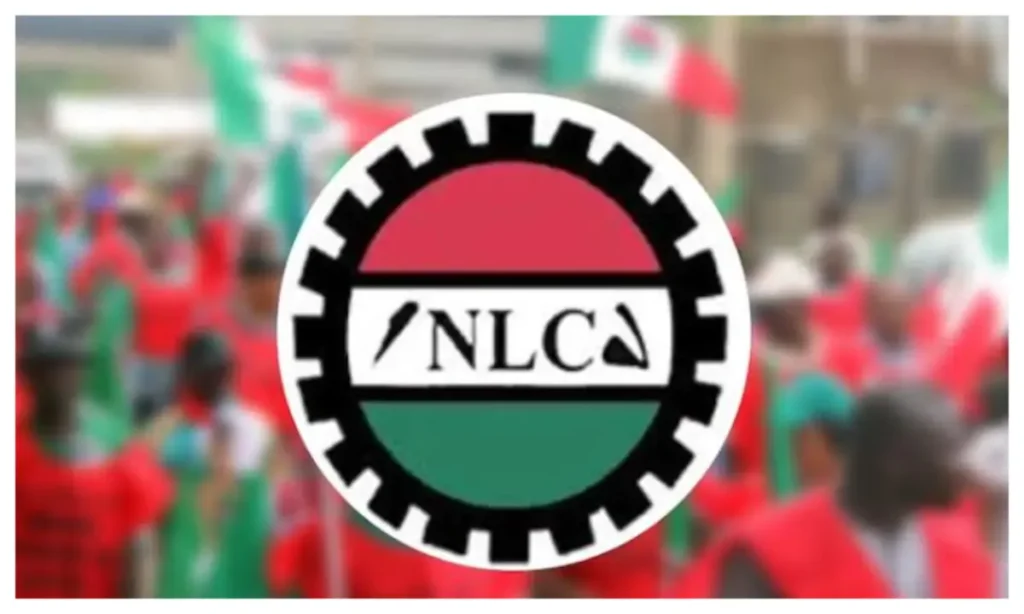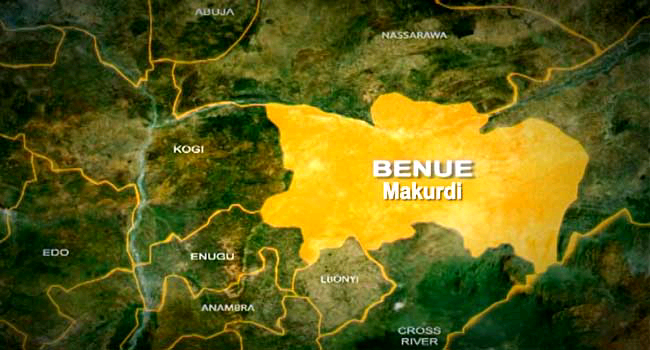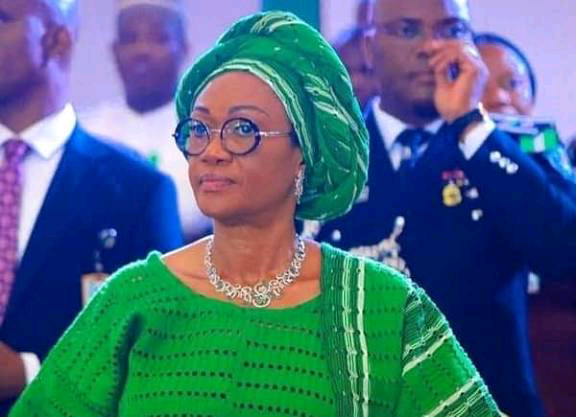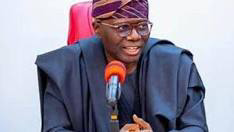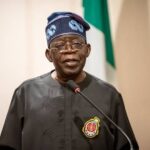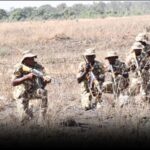Nigeria Closing In on Key Terror Suspects, Says DSS as it Intensifies Prosecutions
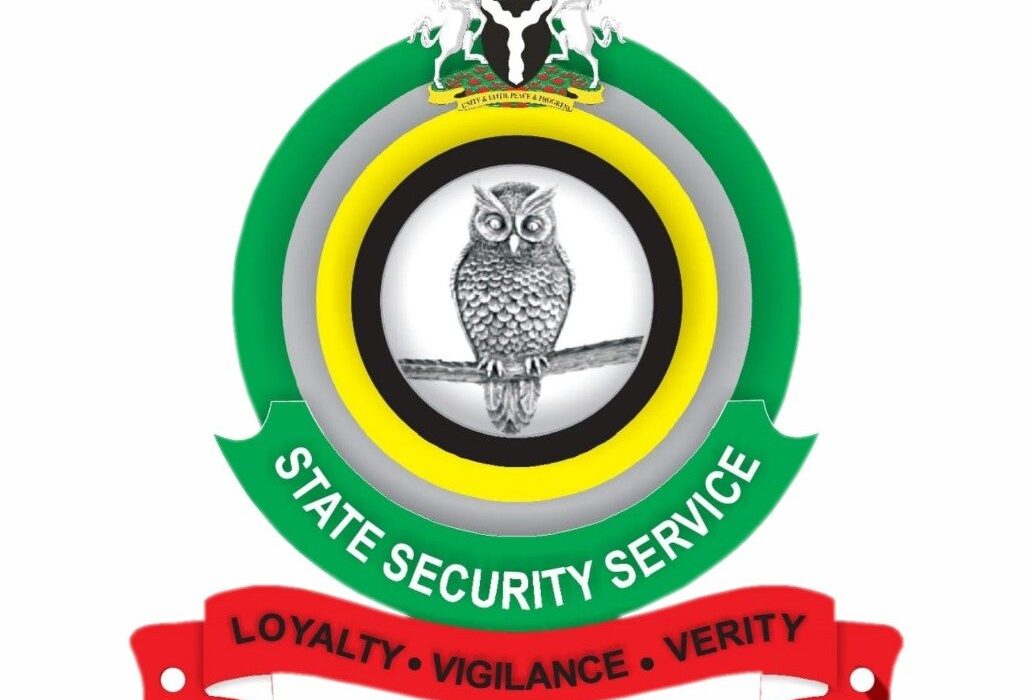
The Department of State Services (DSS) says Nigeria is tightening the legal noose around high-profile terrorism suspects linked to several deadly attacks across the country, as multiple trials continue before the Federal High Court in Abuja.
Among those facing prosecution are two notorious leaders of the Jama’atu Ansarul Muslimina fi-Biladis Sudan, also known as ANSARU, Nigeria’s Al-Qaeda affiliate. The suspects, Mahmud Muhammad Usman (alias Abu Bara’a) and Abubakar Abba (alias Isah Adam and Mahmud Al-Nigeri), were arrested in July during a covert counter-terrorism operation.
The duo are standing trial before Justice Emeka Nwite, who is expected to resume hearings on 19 November. Both men face a 32-count terrorism charge, including illegal mining, which investigators say helped finance terror activities across northern Nigeria.
Usman, described as ANSARU’s self-proclaimed Emir, allegedly coordinated several terrorist cells, masterminded high-profile kidnappings and channelled proceeds into financing insurgency.
His deputy, Abba, is said to have headed the “Mahmudawa” cell, which operated around the Kainji National Park spanning Niger and Kwara States and parts of Benin Republic.
According to security officials, intelligence gathered by the Office of the National Security Adviser (ONSA) showed that Usman underwent training in Libya between 2013 and 2015 under foreign jihadist instructors.
He specialised in weapons handling and improvised explosive device (IED) fabrication.
While Usman has already been sentenced to 15 years’ imprisonment after pleading guilty to one count, Abba denied all charges and remains in custody pending trial.
Also before Justice Nwite is Khalid Al-Barnawi, alleged mastermind of the 2011 bombing of the United Nations building in Abuja, which killed 20 people and injured more than 70. Al-Barnawi, captured in 2016, is being tried alongside four co-defendants, Mohammed Bashir Saleh, Umar Mohammed Bello (aka Datti), Mohammed Salisu, and Yakubu Nuhu (aka Bello Maishayi).
The DSS recently sought accelerated hearing in the case, which had stalled for years due to procedural hitches. During a session in October, the court viewed videos of the defendants’ recorded confessions in a trial-within-trial exercise.
The agency also confirmed progress in the prosecution of five men accused of carrying out the June 2022 attack on St. Francis Catholic Church, Owo, Ondo State, which left over 40 people dead and more than 100 injured.
The suspects, Idris Abdulmalik Omeiza, Al Qasim Idris, Jamiu Abdulmalik, Abdulhaleem Idris, and Momoh Otuho Abubakar, are charged with belonging to the Al-Shabab terrorist network and executing the attack as part of their extremist campaign.
Justice Nwite denied them bail in September, ruling that the offences were capital in nature and that the evidence against them was substantial.
Meanwhile, the DSS said trials are underway for suspects linked to the Yelwata massacre in Benue State, where dozens were killed and 107 injured on 13 June 2025.
President Bola Tinubu had visited the state after the attack and ordered the immediate arrest of those responsible.
Following the arrests announced by Inspector-General of Police Kayode Egbetokun, the DSS charged nine suspects to court, while two others, Haruna Adamu and Muhammad Abdullahi, remain at large.
Two more individuals, Terkende Ashuwa and Amos Alede, are being tried for launching reprisal attacks linked to the incident. All have pleaded not guilty.
DSS Director-General Tosin Ajayi said the prosecutions demonstrate Nigeria’s growing success in combating terrorism through lawful means.
“The various arrests and trials of terrorism suspects show that Nigeria’s security agencies have been diligent in dealing with the perpetrators of terror in the country,” Ajayi stated.
“The men we are prosecuting are separate from the hundreds under military custody whose cases are before the Office of the Attorney-General. In July last year, 125 terrorists were convicted. We shall continue to ensure accountability and peace in accordance with the rule of law.”


